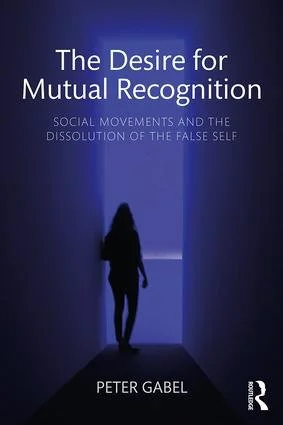What do a wilderness trail and a courtroom have in common? For Peter Borenstein, both are spaces where people face challenge and conflict—and both offer an opportunity to grow, not punish.
In 2014, Borenstein helped design the Neighborhood Justice Program (NJP) for the Los Angeles City Attorney’s Office, creating a groundbreaking restorative justice alternative for low-level adult offenders. Instead of fines, jail time, and a court record for offenses like petty theft or public urination, participants meet with trained community volunteers to talk openly about what happened—and why.
What results is not a slap on the wrist, but a meaningful dialogue rooted in accountability, compassion, and healing. Participants work with the community to create personalized obligations like community service, A.A. meetings, or job counseling. If they complete them, the charge disappears—like the crime never happened.
With over 3,000 diversions, millions saved, and a recidivism rate under 3%, NJP is now the largest program of its kind in the country. And it works because it asks the deeper question: Why was the harm done—and how do we repair it together?







